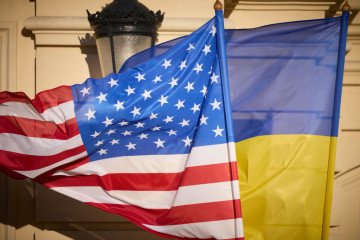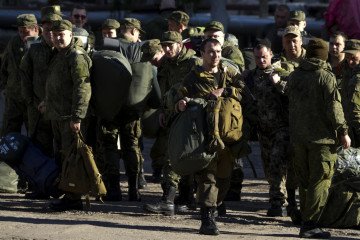- Category
- Latest news
How to Prevent World War III: Crucial WWII Lessons from 7 Foreign Ministers
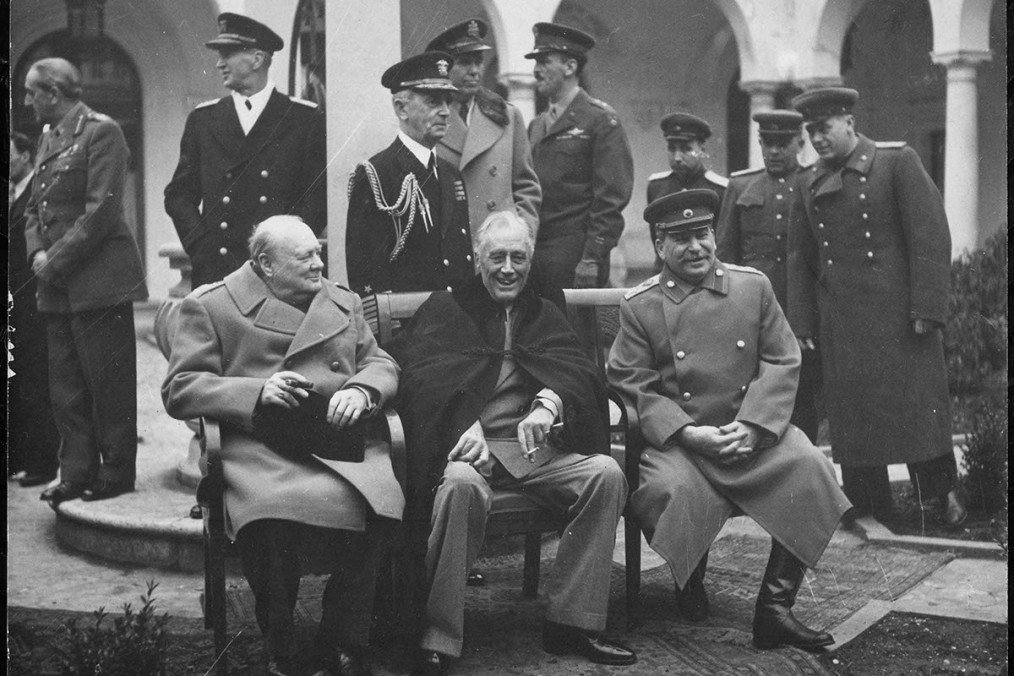
As Europe marks the 80th anniversary of the end of World War II on May 8, a group of foreign ministers from countries deeply shaped by the war and its aftermath are sounding the alarm: the peace that followed 1945 is under threat, and the world must act with resolve to prevent history from repeating itself.
In a joint letter published by The New York Times, top diplomats from Ukraine, Poland, the Baltic States, the Czech Republic, and Moldova outlined five critical lessons from World War II that, they argue, are essential to apply today—especially as Russia’s ongoing invasion of Ukraine continues to destabilize the European continent and beyond.
The ministers—including Andrii Sybiha of Ukraine and Radosław Sikorski of Poland—emphasized that remembering the past must go beyond ceremony and commemoration. It must shape today’s policies and priorities, especially when the international rules-based order is again being tested by war, aggression, and misinformation.
They warned of how history is being weaponized—highlighting Vladimir Putin’s May 9 “Victory Day” parade, which they say now serves as a stage for militaristic propaganda rather than remembrance. Once marking the defeat of Nazism, it has been repurposed to justify Russia’s current war against Ukraine and erase the Soviet Union’s own crimes. The ministers stress that the victory in World War II was achieved by a global coalition, including millions of Ukrainians, not by Moscow alone.
A War that still shapes the present
The authors highlight the suffering their nations endured under both Nazi Germany and the Soviet Union, noting that for millions, true freedom did not arrive in 1945, but only decades later with the collapse of Soviet control between 1989 and 1991. They recall the millions of lives lost in the Holocaust, Soviet deportations, repressions, and famine — including the Holodomor in Ukraine — and urge the world not to forget that the consequences of the war continued long after the last shots were fired.
“May 8, 1945, did not bring peace to all of Europe,” they write. “Many of our states remained under Soviet control, suffering from decades of oppression. Only with the restoration of our independence could we truly begin to rebuild.”
-468b36f05e43502a035bc3f202b7d61a.png)
Five lessons from the past
The essay identifies five key lessons drawn from the history of World War II and its aftermath:
1. Appeasement of aggressors only encourages more aggression
The ministers recall how the 1938 Munich Agreement, which ceded part of Czechoslovakia to Nazi Germany, failed to prevent war and instead emboldened Hitler. They argue that allowing Russia to keep any illegally occupied Ukrainian territory would send a similar message today. “Peace cannot come at the expense of Ukraine’s sovereignty,” they warn.
2. Spheres of influence are a threat to freedom
The authors compare Vladimir Putin’s ambitions to redraw borders to Stalin and Hitler’s Molotov-Ribbentrop Pact, which partitioned Eastern Europe. They insist that every nation must have the sovereign right to choose its alliances — and that Ukraine’s choice to align with NATO and the EU must be respected.
3. Accountability is essential for justice and deterrence
Unlike the Nuremberg trials for Nazi crimes, the atrocities of the Soviet regime were never fully acknowledged or prosecuted. The ministers stress that without accountability for both historical and present-day crimes, such as Russia’s actions in Ukraine, the cycle of violence will continue.
4. Historical truth matters
They caution against the manipulation of history for political purposes — a tactic they accuse the Kremlin of using to justify its war in Ukraine.
5. Peace requires strength and preparedness
Citing the Latin phrase “Si vis pacem, para bellum” (“If you want peace, prepare for war”), the ministers argue that Ukraine must have the military strength to defend itself — not only for its own sake, but to ensure long-term peace in Europe. They reject any restrictions on Ukraine’s defense capabilities and call for greater investment in the country’s defense industry and partnerships.
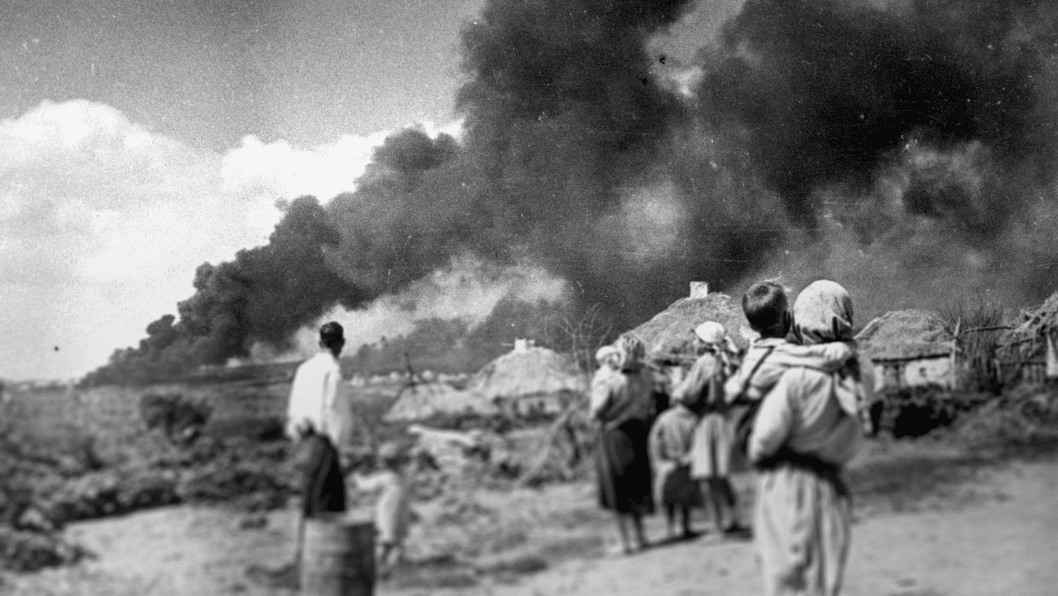
A turning point for the international order
According to the ministers, the current war is more than a regional conflict; it represents a major rupture in the post-World War II international order, which had been built on principles of sovereignty, territorial integrity, and collective security under the United Nations. That system, they argue, must now be reinvented with new, enforceable guarantees to protect democratic states and deter aggressors.
They reject any notion of returning to a “Yalta-style” negotiation where powerful states divide up influence over weaker ones.
“No third country has veto power over the alliances or aspirations of independent nations,” they write, directly challenging Russia’s efforts to dominate its neighbors.
A united European response
The statement is also a call for unity within Europe and across the Atlantic. The ministers reaffirm their commitment to defending democracy, international law, and the right of every country to chart its own future—and they call on allies, especially the United States, to continue standing with Ukraine.
“The cost of ignoring aggression is always higher than the cost of resisting it,” they write. “We must act now to ensure this chapter in European history is not remembered as the prelude to World War III.”
A shared warning: never again
Concluding with a reminder of the failed agreements that preceded and followed World War II — the Munich Agreement, the Molotov-Ribbentrop Pact, and the Yalta Conference — the authors declare their shared warning: “Never again.”
Their message is both urgent and forward-looking: to secure lasting peace, the world must remember the past clearly, confront aggressors with unity and strength, and reject any compromises that would sacrifice freedom for false promises of stability.
Previously, it was reported that Russia will reportedly hold the biggest “Victory Day” parade on May 9 since the start of Russia’s full-scale invasion of Ukraine in 2022.
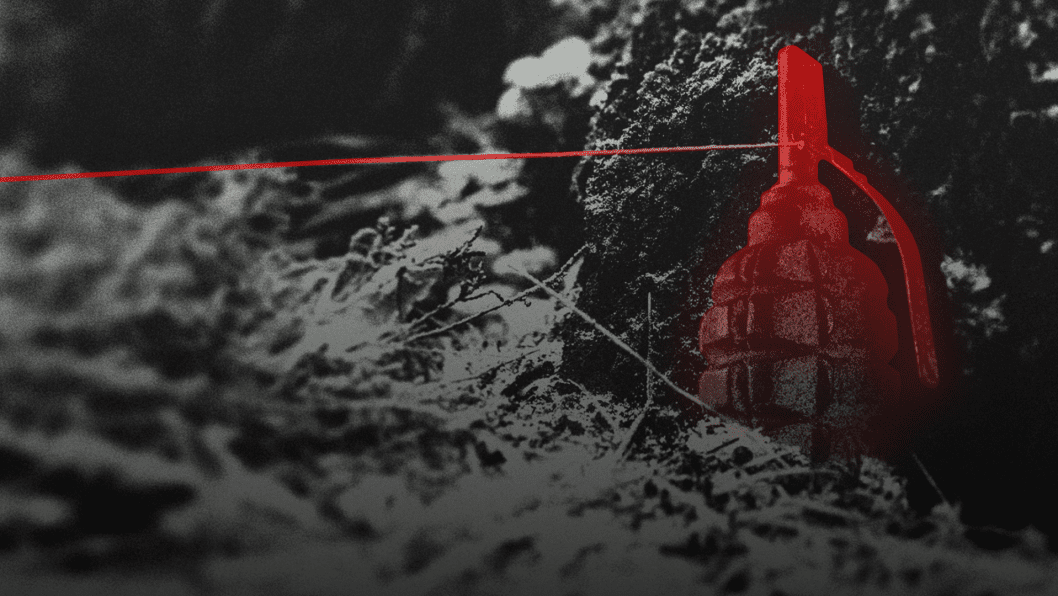


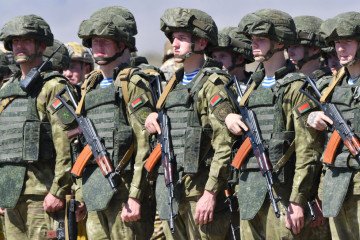
-72b63a4e0c8c475ad81fe3eed3f63729.jpeg)
